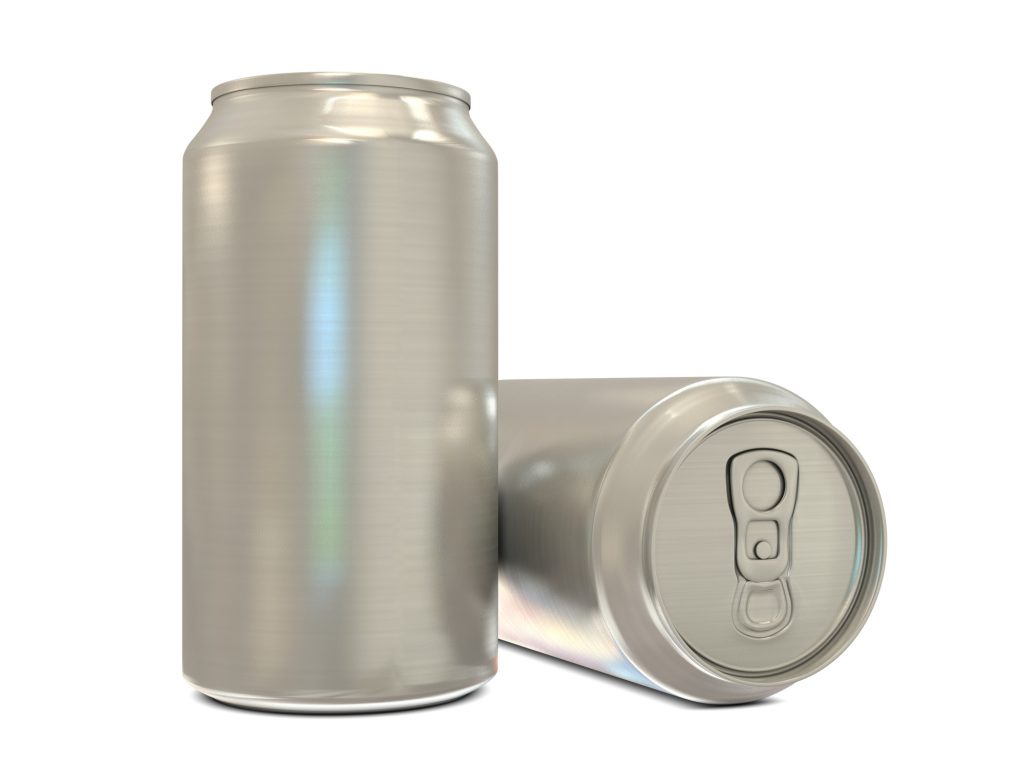What smoke is to lungs, Aluminum is to brain!

Aluminum is a known neurotoxic, there are mounting evidences, that chronic exposure is a factor in many neurological diseases, which include, dementia, autism, and Parkinson’s disease.
Apart from this it is also associated with various mood disorders, anxiety, panic attacks, depression and so on.
Unfortunately, Aluminum is all around us and we must make a conscious effort to avoid ingesting this metal.
- Foods such as baking powder, self rising flour, salt, many baby formulas, coffee creamers, baked goods and processed foods, colouring and caking agents.
- Drugs, such as antacids, analgesics, anti-diarrheals, and others; additives such as magnesium stearate.
- Vaccines—Hepatitis A and B, Hib, DTaP (diphtheria, tetanus, pertussis), pneumococcal vaccine, Gardasil (HPV), and others
- Cosmetics such as lipsticks, foundations, various cream formulations, antiperspirants, deodorants (including salt crystals, made of alum), many lotions, sunscreens ( very important and commonly used!), and shampoos.
- Aluminum products, including foil, soup and juice cans, juice pouches, tins,food kept in cans with preservatives and water bottles.
- Aluminium Frying pans, this metals seeps into the food consumed cooked in these pans.
- Food coooked/packed in Aluminum foils.
What can it do?
- It impairs body’s ability to detoxify.
- It causes brain inflammation and therefore symptoms
What can you do?
- Chelate with Silicon water
- chelating aluminum with nutrients such as vitamin C
- Taking Melatonin helps, (Under medical supervision only) It has a metal binding role and is a useful supplement in the treatment of neurological disorders in which oxidative stress is involved, which includes Alzheimer’s. Melatonin can travel freely across all cellular barriers, facilitating the removal of toxic metals such as aluminum. It also appears to suppress the oxidative activity of aluminum in brain.
- Increase glutathione levels. we make glutathione from three amino acids: cysteine, glutamate, and glycine in our liver.following ways we can increase Glutathione:
a) Intravenous Glutathione detox
b) Increase exercise, It affects your adenosine triphosphate (ATP) levels needed to help produce more glutathione
c) Optimise vitamin D levels through sun exposure and by supplementing : vitamin D increases intracellular glutathione levels
d) Epsom salt baths
e) The supplement N-acetyl L-cysteine (NAC) may also be useful. NAC is the rate-limiting nutrient for the formation of the intracellular antioxidant glutathione
f) Curcumin: curcumin seems to have a protective effect against aluminum-induced damage by modulating the extent of oxidative stress. It delays neuron degradation, chelates metals, decreases microglia formation, and has an overall anti-inflammatory, antioxidant effect. Studies have shown that curcumin can help improve memory in Alzheimer’s patients.
“Your health in your hands”
Dr Kalpana Shekhawat M.D.
Functional Medicine Specialist
